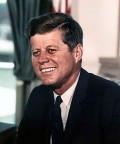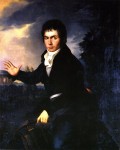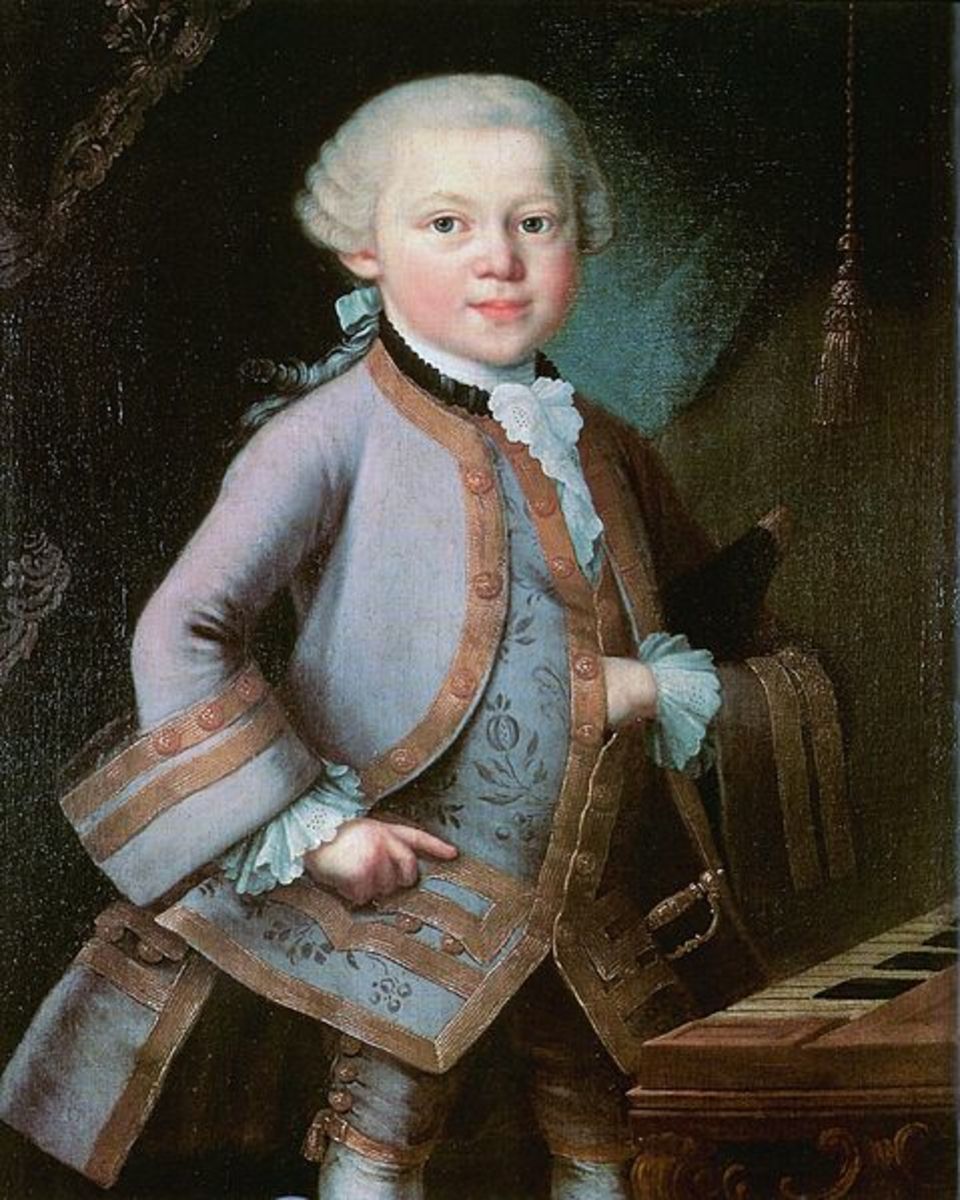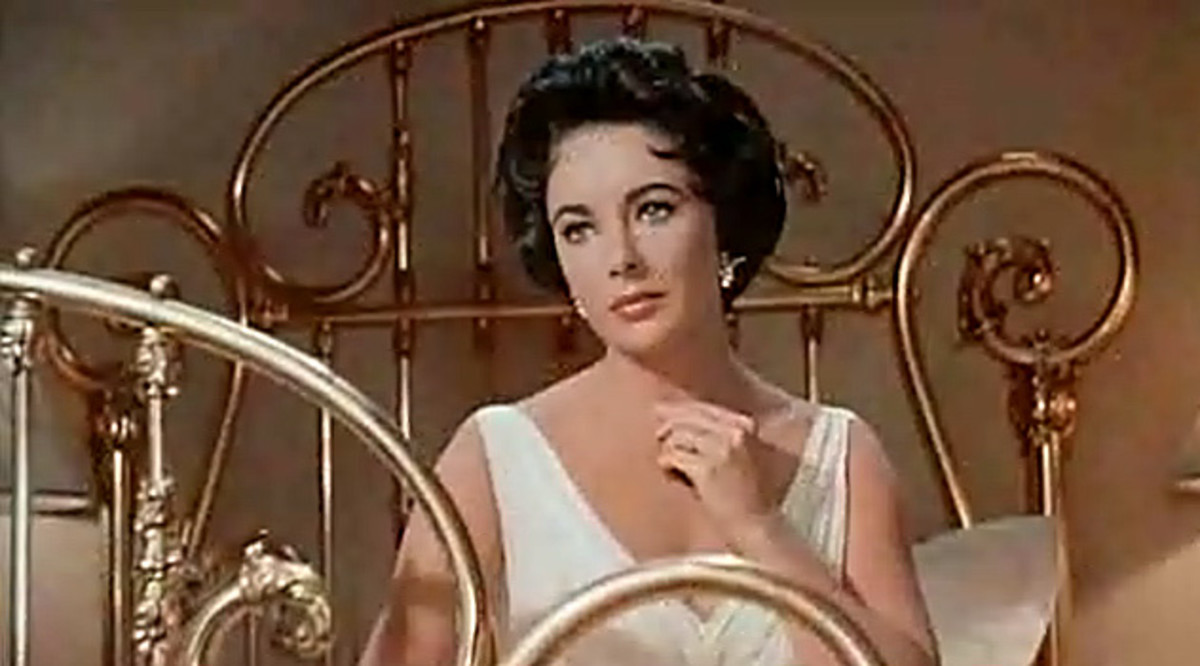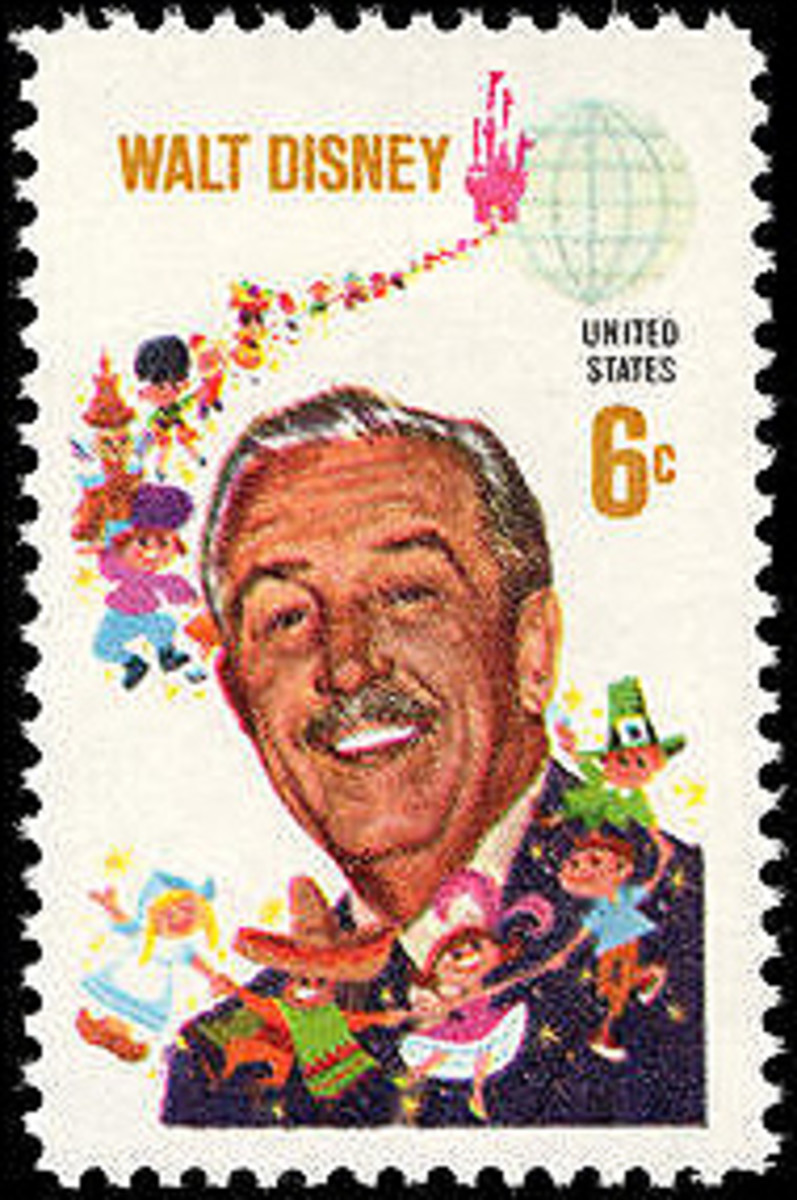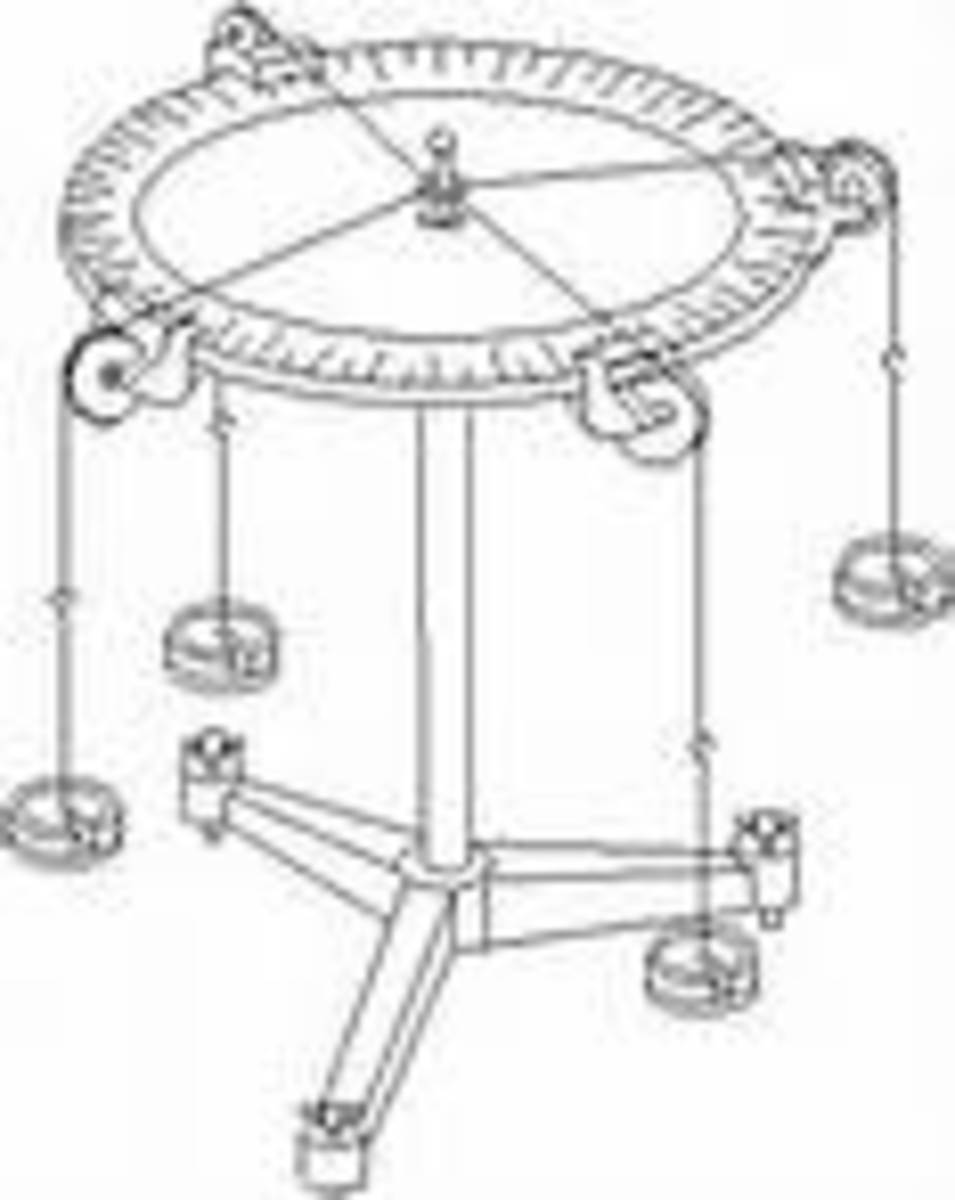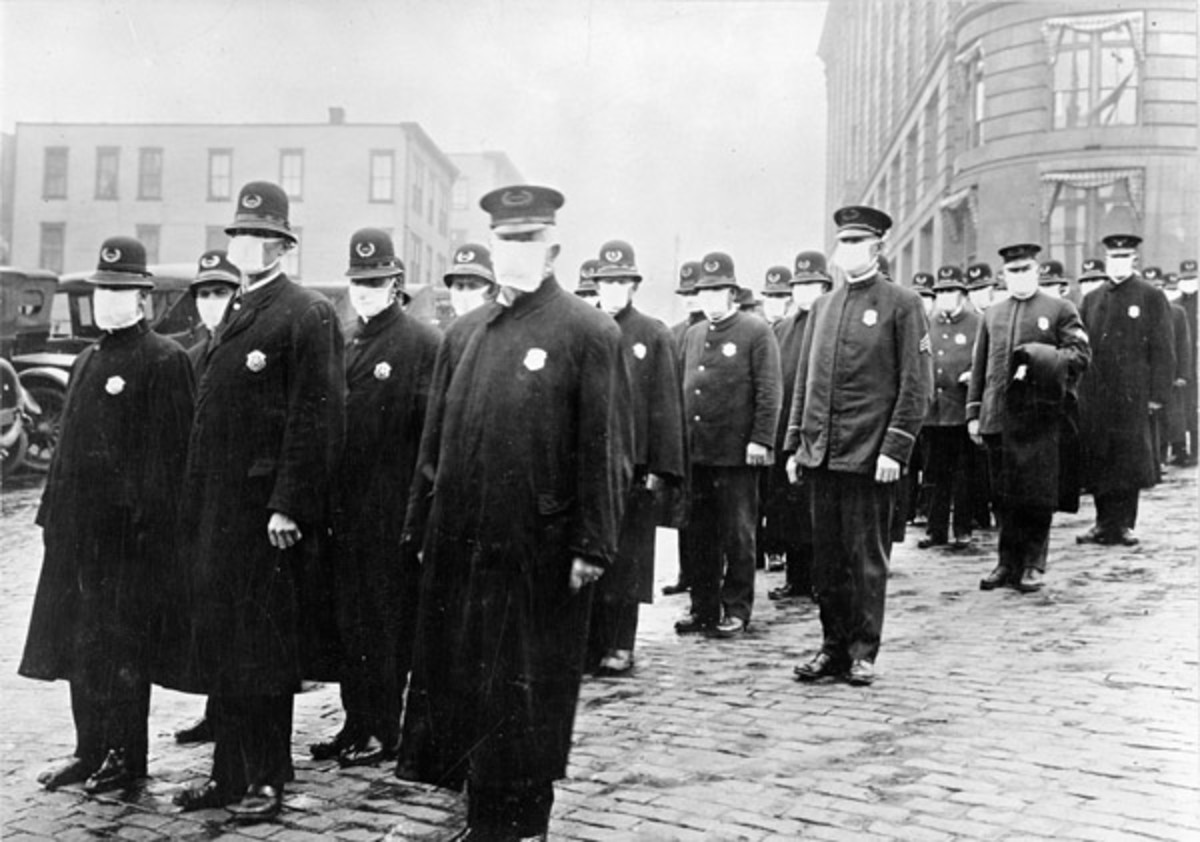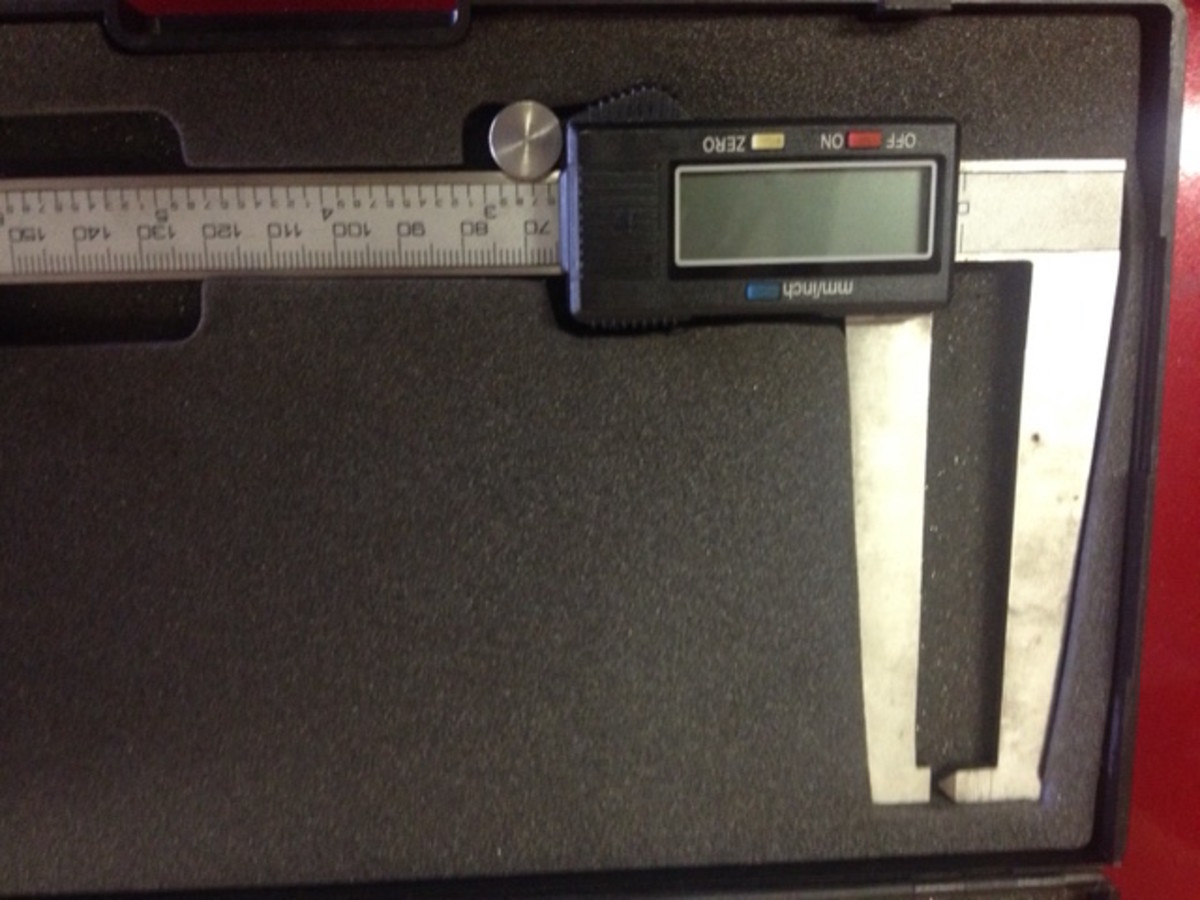Five Interesting Facts About Albert Einstein That You Probably Didn't Know
He is famous, of course, for his Theory of Relativity, for his wild hair and distinguised mustache, for his high I.Q. and that whole E=mc squared thing. But there is much more to Albert Einstein than the fact that he was the epitome of genius. Here are some fun and interesting facts about Albert Einstein that you probably didn't know.
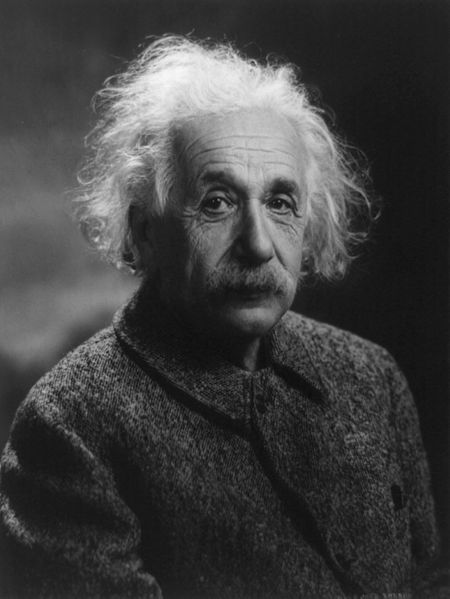
1. He Was Offered -- But Ultimately Declined -- the Presidency of Israel
Though Jewish by heritage, Einstein was never terribly religious except for a brief time in his youth. He did, however, have a heart for the Jewish people and the notion of a Jewish homeland. In the 1920s he embarked on a tour in the United States to raise money for Hebrew University in Jersusalem, and when the state of Israel was created in 1948, he embraced the idea wholeheartedly.
When Israeli President Chaim Weitzman died in 1952, Einstein was offered the post in part because of his earlier support for a Jewish homeland. Though he mulled the offer over, he ultimately decided against taking the position, knowing that his real love was for physics that he had neither the temperament nor the experience to deal with the politics that would be involved.
2. He Loved to Sail
Einstein's love of the violin is well known. One of his other great passions sailing. He loved the serenity of the water and often went out in a sailboat. He kept a boat at his summer house in Caputh, near Potsdam, which the Nazis confiscated while Einstein was overseas.
Einstein wasn't much of a sailor, though. While he had a consummate sense of direction and had a good feel for when storms were brewing, he had no real training in the operations of a boat. This sometimes became a problem because Einstein preferred to rely solely on the sailing mechanisms and refused to employ the outboard motor even to get himself out of a jam. More than once other boaters had to come and rescue him from some predicament in which he'd landed himself. To top it off, Einstein couldn't swim, a fact that shocked Marie Curie when he took her out for a sail on Lake Geneva. (Curie couldn't swim, either.)
3. He Could Draw a Crowd
You wouldn't think that a scientist -- a physicist -- would draw crowds worthy of a rock star, but Albert Einstein did. Of course his wild hair, his mustache, and his penchant for not wearing socks made him instantly recognizable.
Wherever he went people thronged to see him in the hopes of getting an autograph or a picture or perhaps something more. Once at a dinner in New York Einstein started to sketch out something on a place card to show a fellow scientist when a souvenir hunter grabbed the card out from under Einstein's nose. Einstein also got lots of fan mail and many requests for product endorsements, none of which he ever accepted.
Sometimes Einstein's celebrity status affected his financial life. Many people to whom he sent checks wanted to frame them, and it played such havoc with his bookkeeping that his secretary Helen Dukas had to plead with these people to stop. If they wanted to frame the check, she said, they should tell Einstein first and he would send the check back to them for framing after it had gone through the proper clearances at his bank.
4. He Once Proposed to a Woman and Her Daughter at the Same Time
One can almost hear the jokes now. It would take a real genius to do that, but apparently Einstein did it. Before he was divorced from his first wife Mileva, he was engaged in a romantic relationship with one of his cousins, a woman by the name of Elsa Loewenthal, who lived a few doors down from him. The relationship had become quite serious.
A complication arose when Elsa's daughter Ilse began working for Einstein. He was attracted to her, too, and while Ilse has denied that the relationship ever became sexual, Einstein apparently was interested in having a child by her. (At twenty, she was a much better prospect than her mother, who was 42.)
This relationship has only been revealed through letters which emerged after Einstein's death, but the way Ilse described it to a friend, Einstein apparently popped the question to both her and her mother simultaneously and left the two them to decide who, if either, should take him up on his offer. One can only imagine the women's reaction to the proposal, but Ilse apparently decided that her mother was the better prospect, if only because she was much closer to Einstein in age. Elsa did eventually marry Einstein, relegating Ilse, the one-time object of Einstein's affection, to the role of stepdaughter. (Can we hear a collective eww?)
5. He Had a Son Who Was Schizophrenic and a Daughter Whose Fate Is Unknown
Einstein married his first wife, Mileva in 1903. They had two sons, Hans Albert, born in 1904, and Eduard, who was born in 1910.
Hans Albert eventually became a professor of civil engineering at the University of California at Berkeley. Eduard's life, however, took a much different course. For a time he showed some promise as a musician, but in 1920 he was diagnosed with schizophrenia. For a while, the illness seemed manageable, and Eduard started studying medicine at the University of Zurich with the hope of becoming a psychiatrist. Ultimately that didn't work out and Eduard's symptoms became worse. He was institutionalized in the Burghoelzi Sanitarium for many years. The senior Einstein believed Eduard's illness stemmed not from his genes but Mileva's, in whose family mental illness ran, and he did not see his son after 1933, due largely to the political situation in Europe.
Before Mileva and Albert married, they had a daughter out of wedlock, a girl named Lieserl, who came about as a result of a holiday tryst in Italy while the Einsteins were still courting. No one can say for certain what became of this child. Historians only learned of her existence through letters that emerged after Einstein's death. Because there is no paper trail of her, some have speculated that she may have died in infancy, although others have suggested that since Mileva's parents were so opposed to her marrying Einstein, plans may have been made to give the child away and have her raised by others under a different name. In any event, it is virtually certain that while Einstein knew of Lieserl's existence, he never saw the girl.

